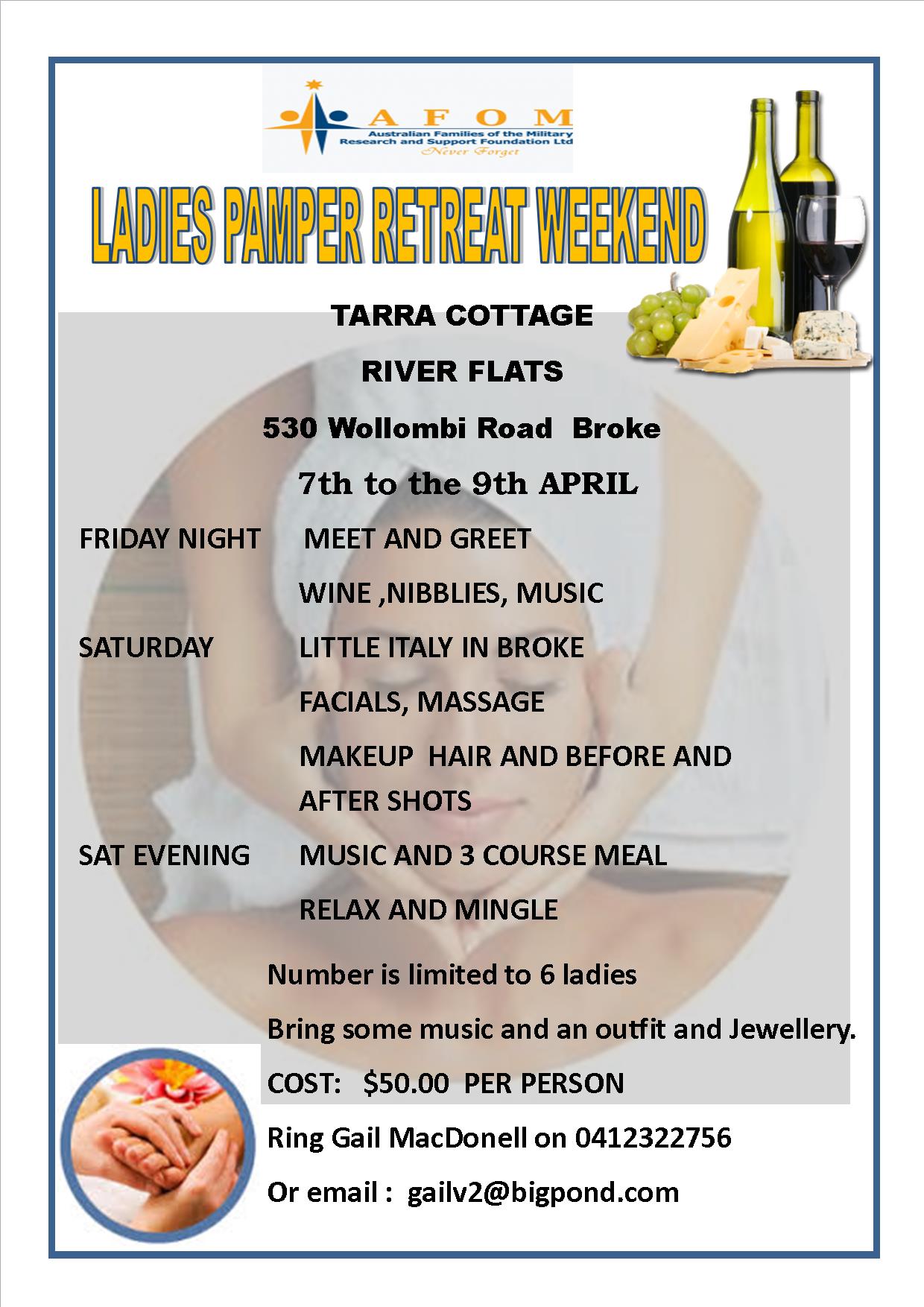Administrator
A BIG THANK YOU

A big Thank you to Riverstone Schofeild Memorial Club for your very generous donation.
Your donation is being used to subsidies a Men's Retreat in March this year and a Family Retreat in April this year.
The Retreats are for Current and Past Serving Military and first Line Responders (Police, Ambulance, Fire and Resuce etc.) and their Families
For further information on the retreats go to
http://www.afom.org.au/news-events/events/item/322-afom-ladies-pamper-weekend
http://www.afom.org.au/news-events/events/item/321-afom-mens-retreat
Poker Run and Community Family Day * Note change of Date
AFOM COMMUNITY FAMILY DAY AND POKER RUN
Date: Sunday 28th May 2017
Venue: Lambton Bowling Club
Registration starts: 7:30am till 9:45am
Stands up: 10am

Ann Bettley
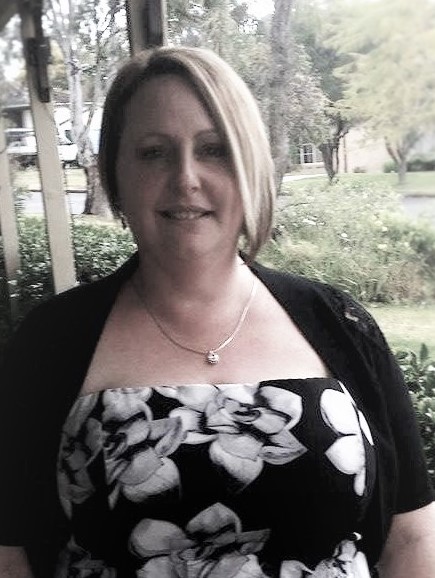
My name is Ann Bettley. I am the second of 4 children born to Paul and Christine McLaughlin. I grew up in Holmesville, NSW. During this time I participated in competition marching girls.
After completing year 12 in high school, I was employed in 1995 by the NSW Ethnic Affairs Commission as a trainee Administrative Assistant.
On completion, I was employed by the NSW Department of Education and Training. I worked as an Administrative Assistant and was also responsible for fleet car management, stationery supply manager and helping co-ordinate the Apprentice of the Year Awards for 3 years.
I went on maternity leave in January 2003, and after 12 months, resigned my position to become my husband’s full-time carer.
Soccer coach at Beresfield Junior Soccer Club 2008-2010.
Treasurer of Beresfield Junior Soccer Club 2009.
Secretary Beresfield Senior Soccer 2015-2016.
Assistant Registrar Beresfield Senior Soccer 2014-2016.
Assistant Sponsorship Officer Beresfield Senior Soccer Club 2014-2015.
Canteen Manager Beresfield Senior Soccer Club 2015-2016.
Uniform Shop Manager Beresfield Public School 2014-2016.
Canteen Volunteer Beresfield Public School 2010-2015.
Red Friday Coffee Mingle Group 2015-Present.
I would like to be part of AFOM to help younger veterans and their families. To raise funds and awareness of health issues suffered by many veterans and their partners and children.
John Bettley
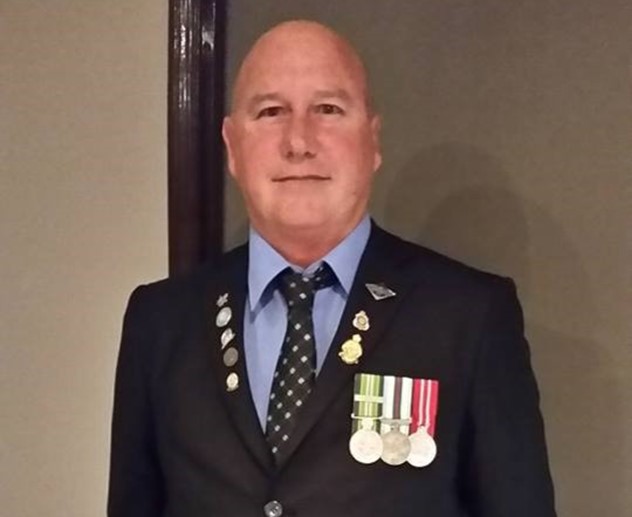
My name is John Bettley. I am the youngest of 7 children born to George and Jean Bettley. I grew up in Stockton, NSW. During this time I participated in competition soccer and Navy cadets.
I joined the Royal Australian Air Force on 19th July 1990. I was enlisted as a cook. After completing training, I was posted to Pearce, WA. I have also been posted to Richmond, NSW and Williamtown, NSW.
I was deployed to East Timor 4th October, 1999. Spending most of my time in Dili. I returned to Australia 20th January 2000.
I was medically discharged 27th September 2002.
Northern NSW Referee for soccer from 1998-2010.
Northern NSW Referees Inspector 2010-2014.
Soccer coach at Beresfield Junior Soccer Club, Hamilton Olympic Football Club, Beresfield Senior Soccer Club & Thornton Junior Soccer Club 2008-present.
President of Beresfield Junior Soccer Club 2009.
Groundsman Beresfield Senior Soccer Club 2012-2013.
Vice President Beresfield Senior Soccer 2014.
President Beresfield Senior Soccer 2015-2016.
Registrar Beresfield Senior Soccer 2014-2016.
Sponsorship Officer Beresfield Senior Soccer Club 2014-2015.
Canteen Manager Beresfield Senior Soccer Club 2015-2016.
Uniform Shop Manager Beresfield Public School 2014-2016.
Canteen Volunteer Beresfield Public School 2014-2015.
Red Friday Coffee Mingle Group 2015-Present.
I would like to be part of AFOM to help younger veterans and their families. To raise funds and awareness of health issues suffered by many veterans.
AFOM Mens Retreat
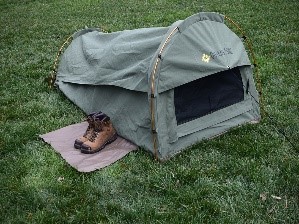
MEN’S RETREAT WEEKEND
Want to get away for a couple of days and enjoy a men’s only camping weekend? Then this is for you!
For current and past serving military and front line responders: police, firemen, ambulance officers etc.
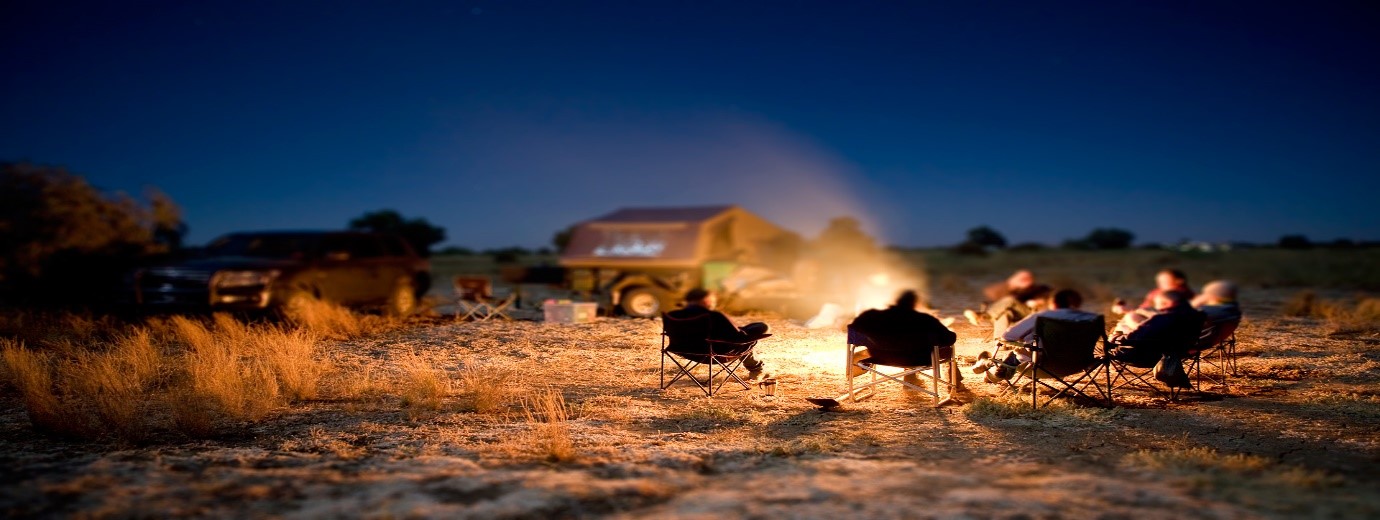
Dates: Friday 24th February - Sunday 26th February 2017
Cost: $50 per person (includes all meals, soft drink, coffee, tea, water)
BYO: Tent/Swag, Chair, Mess kit
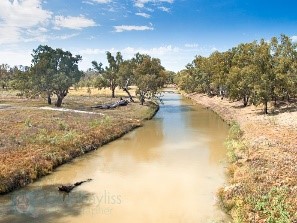
Meeting Place: Royal Hotel, Main Road Dungog at 2pm Friday 24th February. (Anyone needing transport, contact John: 0404836765)
Itinerary of activities and location of retreat will be provided once payment is confirmed.
RSVP to John by 21st February 2017 to 0404836765 or This email address is being protected from spambots. You need JavaScript enabled to view it.
Surprising Things That Hurt Your Heart
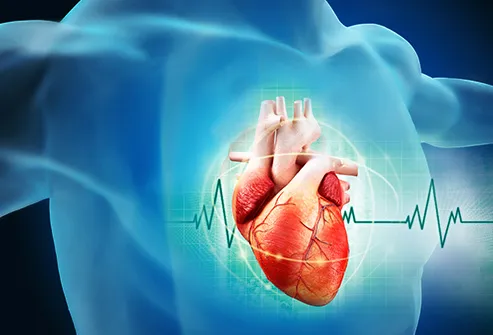
Get the Heart Facts
You know that a bad diet and too little exercise can hurt your ticker. But there are lots of sneaky sources of heart disease that you may not be aware of. Here are some you need to know about, and heart-smart steps to help you keep healthy.
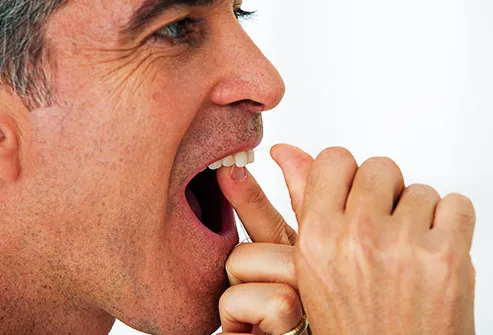
Dental problems
Need extra motivation to brush and floss every day? People with gum disease are more likely to have heart disease, too. The connection isn’t clear, but some experts think bacteria from your gums may move into your bloodstream, leading to inflammation of the blood vessels and other heart problems. See your dentist every 6 months for checkups. Make an appointment right away if you spot redness or soreness on your gums or changes in your teeth.

Shift Work
Working at night or irregular hours raises your risk of a heart attack, according to a recent study from Western University in Canada. Researchers say shift work has a bad impact on the body's circadian rhythm (a.k.a. your "internal clock"), and they think that harms your heart. So if you don't work regular day hours, take extra steps to lower your risk of heart disease: Get exercise, eat a balanced diet, and see your doctor for regular checkups.
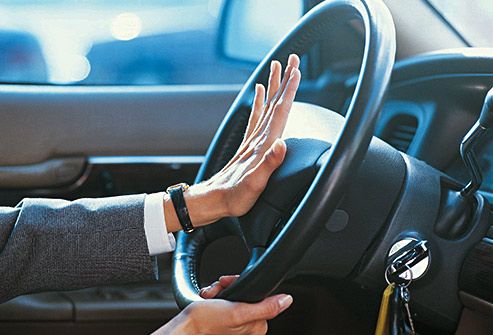
Traffic Delays
Anyone who’s ever been stuck in bumper-to-bumper traffic will tell you it's stressful. That may be why research links spending a single hour in traffic to higher odds of having a heart attack. High noise levels -- like the kind you hear on a freeway -- are also linked to heart disease. If you can’t avoid traveling during rush hour, squash stress by listening to relaxing music. Or share the ride and chat with your fellow passenger.

Early Menopause
If you’re a woman and you go into menopause before you turn 46, your odds of having a heart attack or stroke may be twice as high as those who go through it later. A drop in estrogen, a hormone with ticker-friendly effects, may play a role. Ask your doctor to test you for heart disease risk factors (like high cholesterol).

Snoring
If your partner says you regularly snore or you sound like you’re gasping for air while sleeping, see your doctor. You might have a serious condition called apnea. It can happen when your airway is partially blocked and it causes you to have pauses in your breathing. The disorder is linked to high blood pressure, an irregular heartbeat, strokes, and heart failure. Treatments can help you breathe easier and lower your risk for heart disease, too.
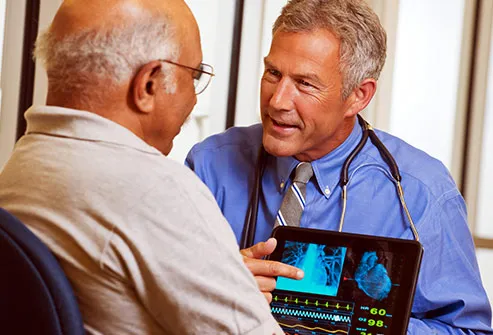
Hepatitis C
If you have this liver infection, you’re more likely to have low cholesterol and low blood pressure than people who don't have the disease. But even so, you still have a higher risk of heart disease. Researchers think hep C may cause inflammation of the body’s cells and tissues, including those in the heart. Work closely with your doctor to keep tabs on any heart symptoms.
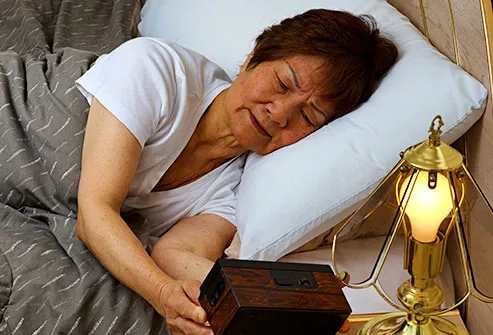
Not Getting Good Sleep
When you routinely get less than 6 hours of shut-eye a night, you raise your risk of higher blood pressure and cholesterol. It increases the odds you’ll become obese and get diabetes, too (both of which can hurt your heart). That doesn’t mean you should sleep your way through the day. When you spend more than 9 hours horizontal on a regular basis, it raises your odds of getting diabetes and having a stroke -- major risk factors for heart disease. Baby your brain, body, and heart -- aim for 7 to 9 hours of slumber a night.
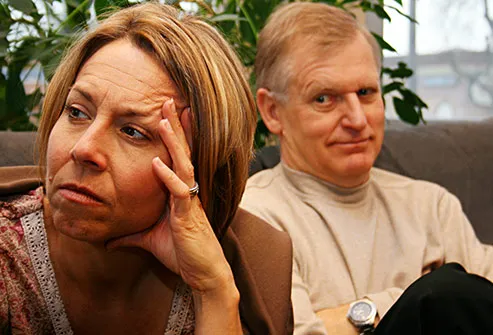
An Unhappy Marriage
A good match makes your heart happy and healthy. Older adults who are content in their unions have a lower risk of heart disease than those who aren’t, according to a recent study from Michigan State University. The likely cause? Stress. When you’re stressed, you’re more likely to make bad diet choices and do other things that can hurt your ticker, like drink too much alcohol. What’s more, stress hormones may have a negative effect on the heart. So consider seeing a couples’ therapist or clergy member together if your marriage isn't a happy one.
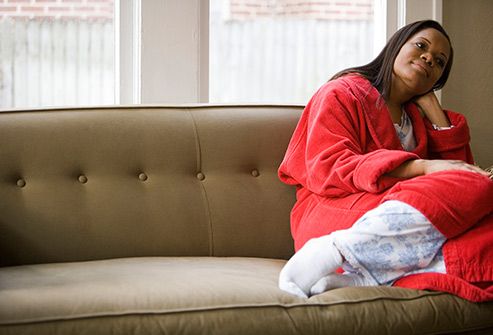
Loneliness
When you spend time with loved ones, it thwarts stress and helps you stay active. Lonely folks may be more likely to have heart disease. If you’re not near family or close friends, get connected by helping someone in need, or adopt a dog or cat. Volunteers and dog owners might enjoy better heart health and live longer, too.
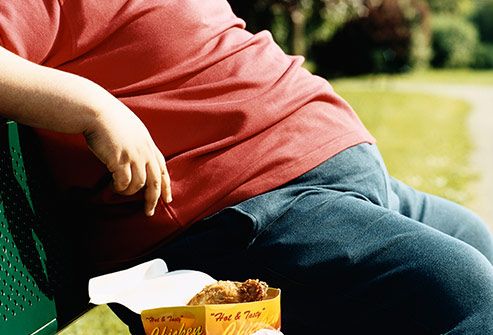
Belly Fat
Any extra weight is hard on your heart, but the kind around your midsection is especially dangerous. It may trigger your body to make hormones and other chemicals that can raise blood pressure and have a bad effect on your blood vessels and cholesterol levels. If you’re a woman and your waist is more than 35 inches around, or 40 inches if you’re a man, talk to your doctor about a diet and exercise plan. Research shows that yoga and short bursts of high-intensity exercise are great ways to whittle your middle.
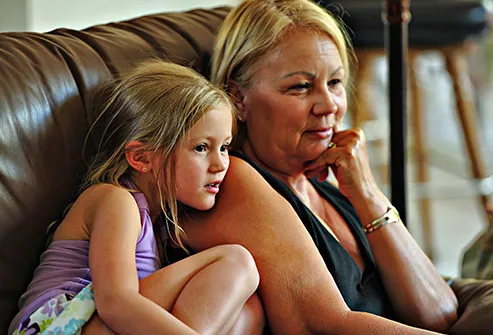
Too Much Tube Time
Couch potatoes, stand up! People who park themselves in front of the television a lot are more likely to get heart problems than those who limit their TV time. Every hour you spend watching TV on a daily basis may increase your risk by almost 20%. Sitting is the most likely culprit; it’s linked to problems like high blood pressure. Until researchers know how and why TV and heart trouble are connected, try to limit your time in front of the tube.

Too Much Exercise All at Once
Exercise is great for your heart. But if you’re out of shape or only work out occasionally, start slowly and build your endurance. When you exercise too long or too hard, it may put you at risk for heart attack and other problems, research shows. Not sure what’s safe for you? Start with a gentle exercise like walking. If you have a high risk of heart disease, talk to your doctor, and consider using a heart monitor while working out.
Taken from WebMD
Anger management
Mental Health and Anger Management
Anger is a very powerful emotion that can stem from feelings of frustration, hurt, annoyance, or disappointment. It is a normal human emotion that can range from slight irritation to strong rage.
Anger can be harmful or helpful, depending upon how it is expressed. Knowing how to recognize and express anger in appropriate ways can help people to reach goals, handle emergencies, and solve problems. However, problems can occur if people fail to recognize and understand their anger.
What Are the Dangers of Suppressed Anger?
Suppressed, unexpressed anger can be an underlying cause of anxiety and depression. Anger that is not appropriately expressed can disrupt relationships, affect thinking and behavior patterns, and create a variety of physical problems. Chronic (long-term) anger has been linked to health issues such as high blood pressure, heart problems, headaches, skin disorders, and digestive problems. In addition, poorly managed anger can be linked to problems such as alcohol and substance abuse, crime, emotional and physical abuse, and other violent behavior.
What Steps Can I Take to Help Manage My Anger?
- When you start feeling angry, try deep breathing, positive self-talk, or stopping your angry thoughts. Breathe deeply from your diaphragm. Slowly repeat a calm word or phrase such as "relax" or "take it easy." Repeat it to yourself while breathing deeply until the anger subsides.
- Avoid alcohol or illicit drugs that can make you more likely to act on angry feelings impulsively.
- Although expressing anger is better than keeping it in, anger should be expressed in an appropriate way. Frequent outbursts of anger are often counterproductive and cause problems in relationships with others. Anger outbursts are also stressful to your nervous and cardiovascular systems and can make health problems worse. Learning how to use assertiveness is the healthy way to express your feelings, needs, and preferences. Being assertive can be used in place of using anger in these situations.
- Seek out the support of others. Talk through your feelings and try to work on changing your behaviors.
- If you have trouble realizing when you are having angry thoughts, keep a log of when you feel angry and try to find the triggers.
- Try to gain a different perspective by putting yourself in another's place.
- Learn how to laugh at yourself and see humor in situations.
- Practice good listening skills. Listening can help improve communication and can facilitate trusting feelings between people. This trust can help you deal with potentially hostile emotions.
- Learn to assert yourself, expressing your feelings calmly and directly without becoming defensive, hostile, or emotionally charged. Consult self-help books on assertiveness or seek help from a professional therapist to learn how to use assertiveness and anger management skills.
What Else Can I Do to Deal With My Anger in a Healthy Way?
If you believe that your anger is out of control and is having a negative effect on your life and relationships, seek the help of a mental health professional. A psychologist or other licensed mental health professional can work with you to better understand the causes behind anger and develop techniques for changing your thinking and your behavior. A professional can help you to deal with your anger in an appropriate way. Choose your therapist carefully and make sure to seek treatment from a professional who is trained to teach anger management and assertiveness skills.
Empathy
Empathy is the ability to share and understand the emotions of others. It is a construct of multiple components, each of which is associated with its own brain network. There are three ways of looking at empathy.
First there is affective empathy. This is the ability to share the emotions of others. People who score high on affective empathy are those who, for example, show a strong visceral reaction when watching a scary movie.
They feel scared or feel others’ pain strongly within themselves when seeing others scared or in pain.
Cognitive empathy, on the other hand, is the ability to understand the emotions of others. A good example is the psychologist who understands the emotions of the client in a rational way, but does not necessarily share the emotions of the client in a visceral sense.
Finally, there’s emotional regulation. This refers to the ability to regulate one’s emotions. For example, surgeons need to control their emotions when operating on a patient.

Another way to understand empathy is to distinguish it from other related constructs. For example, empathy involves self-awareness, as well as distinction between the self and the other. In that sense it is different from mimicry, or imitation.
Many animals might show signs of mimicry or emotional contagion to another animal in pain. But without some level of self-awareness, and distinction between the self and the other, it is not empathy in a strict sense. Empathy is also different from sympathy, which involves feeling concern for the suffering of another person and a desire to help.
That said, empathy is not a unique human experience. It has been observed in many non-human primates and even rats.
People often say psychopaths lack empathy but this is not always the case. In fact, psychopathy is enabled by good cognitive empathic abilities - you need to understand what your victim is feeling when you are torturing them. What psychopaths typically lack is sympathy. They know the other person is suffering but they just don’t care.
Research has also shown those with psychopathic traits are often very good at regulating their emotions.

Why do we need it?
Empathy is important because it helps us understand how others are feeling so we can respond appropriately to the situation. It is typically associated with social behaviour and there is lots of research showing that greater empathy leads to more helping behaviour.
However, this is not always the case. Empathy can also inhibit social actions, or even lead to amoral behaviour. For example, someone who sees a car accident and is overwhelmed by emotions witnessing the victim in severe pain might be less likely to help that person.
Similarly, strong empathetic feelings for members of our own family or our own social or racial group might lead to hate or aggression towards those we perceive as a threat. Think about a mother or father protecting their baby or a nationalist protecting their country.
People who are good at reading others’ emotions, such as manipulators, fortune-tellers or psychics, might also use their excellent empathetic skills for their own benefit by deceiving others.

Interestingly, people with higher psychopathic traits typically show more utilitarian responses in moral dilemmas such as the footbridge problem. In this thought experiment, people have to decide whether to push a person off a bridge to stop a train about to kill five others laying on the track.
The psychopath would more often than not choose to push the person off the bridge. This is following the utilitarian philosophy that holds saving the life of five people by killing one person is a good thing. So one could argue those with psychopathic tendencies are more moral than normal people – who probably wouldn’t push the person off the bridge – as they are less influenced by emotions when making moral decisions.
How is empathy measured?
Empathy is often measured with self-report questionnaires such as the Interpersonal Reactivity Index (IRI) or Questionnaire for Cognitive and Affective Empathy (QCAE).
These typically ask people to indicate how much they agree with statements that measure different types of empathy.
The QCAE, for instance, has statements such as, “It affects me very much when one of my friends is upset”, which is a measure of affective empathy.

Cognitive empathy is determined by the QCAE by putting value on a statement such as, “I try to look at everybody’s side of a disagreement before I make a decision.”
Using the QCAE, we recently found people who score higher on affective empathy have more grey matter, which is a collection of different types of nerve cells, in an area of the brain called the anterior insula.
This area is often involved in regulating positive and negative emotions by integrating environmental stimulants – such as seeing a car accident - with visceral and automatic bodily sensations.
We also found people who score higher on cognitive empathy had more grey matter in the dorsomedial prefrontal cortex.
This area is typically activated during more cognitive processes, such as Theory of Mind, which is the ability to attribute mental beliefs to yourself and another person. It also involves understanding that others have beliefs, desires, intentions, and perspectives different from one’s own.
Can empathy be selective?
Research shows we typically feel more empathy for members of our own group, such as those from our ethnic group. For example, one study scanned the brains of Chinese and Caucasian participants while they watched videos of members of their own ethnic group in pain. They also observed people from a different ethnic group in pain.

The researchers found that a brain area called the anterior cingulate cortex, which is often active when we see others in pain, was less active when participants saw members of ethnic groups different from their own in pain.
Other studies have found brain areas involved in empathy are less active when watching people in pain who act unfairly. We even see activation in brain areas involved in subjective pleasure, such as the ventral striatum, when watching a rival sport team fail.
Yet, we do not always feel less empathy for those who aren’t members of our own group. In our recent study, students had to give monetary rewards or painful electrical shocks to students from the same or a different university. We scanned their brain responses when this happened.
Brain areas involved in rewarding others were more active when people rewarded members of their own group, but areas involved in harming others were equally active for both groups.
These results correspond to observations in daily life. We generally feel happier if our own group members win something, but we’re unlikely to harm others just because they belong to a different group, culture or race. In general, ingroup bias is more about ingroup love rather than outgroup hate.

Yet in some situations, it could be helpful to feel less empathy for a particular group of people. For example, in war it might be beneficial to feel less empathy for people you are trying to kill, especially if they are also trying to harm you.
To investigate, we conducted another brain imaging study. We asked people to watch videos from a violent video game in which a person was shooting innocent civilians (unjustified violence) or enemy soldiers (justified violence).
While watching the videos, people had to pretend they were killing real people. We found the lateral orbitofrontal cortex, typically active when people harm others, was active when people shot innocent civilians. The more guilt participants felt about shooting civilians, the greater the response in this region.
However, the same area was not activated when people shot the soldier that was trying to kill them.
The results provide insight into how people regulate their emotions. They also show the brain mechanisms typically implicated when harming others become less active when the violence against a particular group is seen as justified.
This might provide future insights into how people become desensitised to violence or why some people feel more or less guilty about harming others.
Our empathetic brain has evolved to be highly adaptive to different types of situations. Having empathy is very useful as it often helps to understand others so we can help or deceive them, but sometimes we need to be able to switch off our empathetic feelings to protect our own lives, and those of others.
Taken from The Conversation
New Ambassador to AFOM
Warrant Officer Class One John J. Stonebridge, BM, OAM
Warrant Officer Class One John Stonebridge was born in Sydney in 1964. He joined the Australian Regular Army in June 1981 and on completion of Recruit Training, was allocated to the Infantry Corp and posted to the 10th Independent Rifle Company (10IRC) Canungra.


